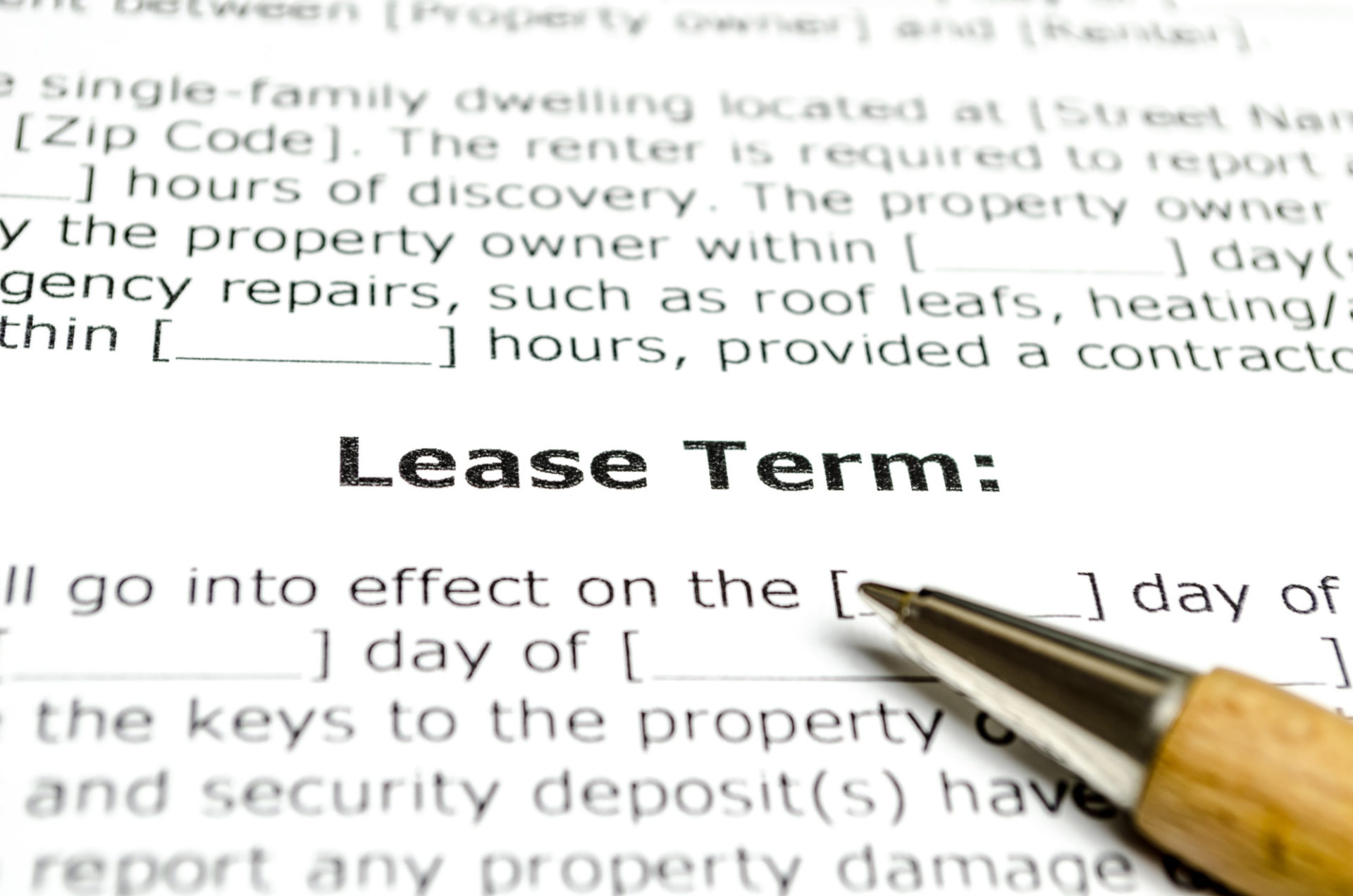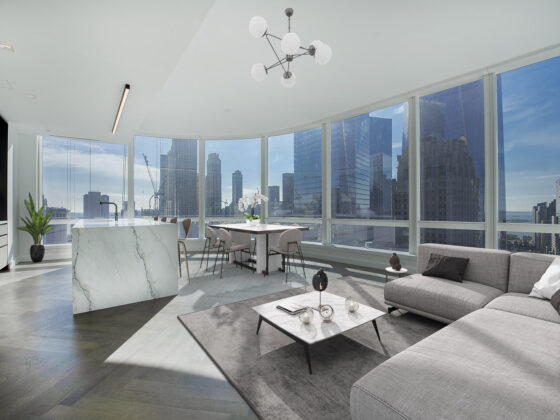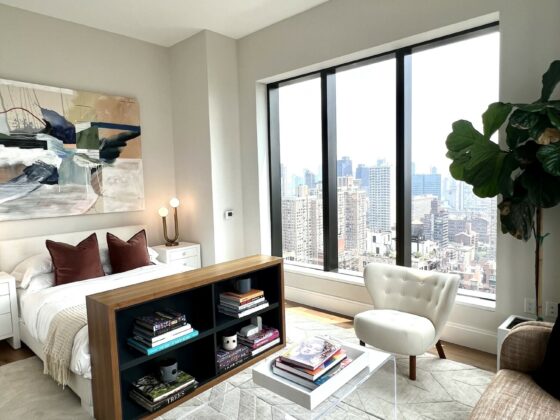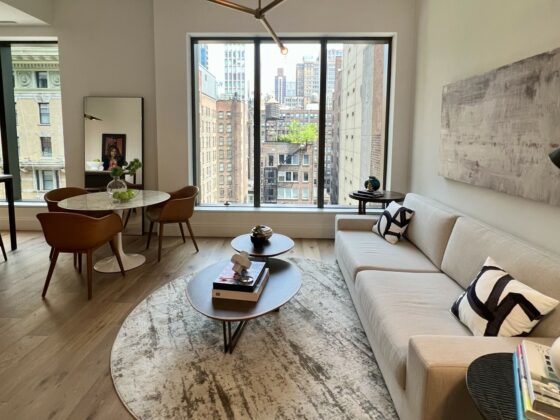Table of Contents Show
New York City’s apartment rental market is notoriously tricky to navigate. With sky-high rents, finding an acceptable, affordable apartment is a challenge. When you do, it is tempting to sign the lease right away. But, jumping into a rental agreement may cause headaches later on, either through an unscrupulous landlord or a genuine misunderstanding.
We provide guidelines for renters on what to look for in a residential lease agreement.
The lease is a legal document.The lease is a legal document.
A lease agreement is legally binding (unless there are illegal clauses). Therefore, you need to read the document carefully. It should include all the terms you have agreed to, such as the rental amount, when it is due, and how late payments are assessed. You will also need to know if your monthly rent covers utilities and which ones it includes (e.g., electricity).
Additionally, the document should contain the lease’s term, the renewal process (e.g., the length of the new term), and the proper notice you need to provide your landlord when you are interested in renewing your lease.
Management companies, landlords, and real estate agents commonly use REBNY Leases ( PDF Download ) or Blumberg Leases ( PDF Download ). We suggest perusing both to familiarize yourself with the forms.
Upfront Rent costs and your Security DepositUpfront Rent costs and your Security Deposit
Typically, your future landlord requires you to pay the first month in advance and a security deposit. A landlord cannot ask for a higher security deposit from you merely because you have a pet, children, or a disability.
However, they can request an additional security deposit or prepaid rent if they have individual reservations regarding your financial situation. Some typical scenarios where this occurs include if your annual income is less than 40x the monthly rent, you have a poor credit history, or a low credit score.
They use the deposit to cover damages beyond normal wear and tear when you leave the apartment. Therefore, it behooves you to take pictures and videos before moving in. You and the landlord should also walk around the studio to ensure you are both on the same page and address any issues before moving in.
When you are ready to move, you want to receive your security deposit back. The lease should contain a clause covering when the landlord must return your deposit following their inspection. Under New York City law, they must return it within a reasonable period, but the city notes there is no standard definition.
The landlord must pay interest on your security deposit, providing your building has at least six units. But, they can deduct up to 1% of the deposit annually for an administrative fee.
Subletting RulesSubletting Rules
The typical lease agreement requires the landlord’s approval before allowing you to sublet. However, under New York State law, the landlord cannot deny subletting “unreasonably,” or you have the right to cancel your lease. You are allowed to have roommates, but you must notify your landlord.
Miscellaneous itemsMiscellaneous items
You need to know which maintenance and repairs the building are responsible for and what the owner expects you to do. For instance, the law requires the landlord to paint your unit every three years if your building has at least three apartments. It would help if you also inquired whether you or the building is responsible for shoveling the snow.
You should explicitly ask if your landlord allows pets. Do not merely assume that you can have one if your lease agreement does not mention it. Under Fair Housing, if the animal serves a medical purpose, including supporting your emotional or physical needs, the landlord cannot refuse your request, even if there is a no pet policy.
Put it in writing.Put it in writing.
To protect you and prevent future misunderstanding, put everything you have agreed to in the rental lease agreement before signing.
Sample lease agreementSample lease agreement
